The Writing Mentor’s Role
A student’s college essays are an important way of showcasing who they are as an individual and what they can bring to an institution. The difference between a good essay and a great essay can often lead to admission of one student over another, despite them being equally academically successful. The whole point of submitting a college essay is so that an admissions counselor can learn as much as they can about a prospective student. Though test scores, transcripts and letters of recommendation demonstrate a student’s academic potential, an admission counselor does not necessarily learn about other vital and subjective areas of a student’s personality through these aspects of their application. It is important to keep in mind that admissions counselors are the true audience of the student’s essays.

Many institutions accept the Common Application, an online application which includes one personal essay of 650 words. Students select one of the Common Application prompts (see the next section), and the same application and personal essay will be sent to all of the schools that the student wishes to apply to that accepts the Common Application. Along with the personal essay, a student’s Common Application includes a required extracurricular activities list. Most universities will also ask for shorter, supplemental essays or documentation such as a portfolio, depending on the student’s intended major.
Despite each university setting their own supplemental essay prompts, the questions tend to be similar. As such, students may be able to modify and reuse essays they have already written for one school and use it for another. See the below section for some supplemental essay prompts.
Through their essay(s), a student is able to show admissions counselors who they really are—their character, motivation, future goals and what makes them an individual. They become more than just a name and identification number in a file.
Essay Topics
Brainstorming and deciding on an essay topic is one of the most difficult tasks for many of our students. When it comes to choosing a topic, students are encouraged to try many things and see what is best for them. Below is a list of topics we do not recommend. If you see that your mentee is continuing to pursue a topic that fits in one of these categories or may not be a good fit for an application essay, please let Nanor know.
Details that are overly intimate, graphic, or illegal
Long-form list of activities and accomplishments
We want the essay to provide new information about the student, not repeat existing components.
Health Issues: This depends on how it is framed, but usually only health conditions of severe gravity should be included and furthermore, should focus on what they’ve learned/how they’ve been impacted by the situation and not just explaining the health issue itself.
Mental health issues are a complicated issue to address in a college essay. We hope to validate students’ experiences as much as possible, but steer them away from this particular topic as the main focus of an essay.
Religion: Unless it is a supplemental essay for a religious university, we generally do not recommend students making religion and their religious beliefs the main focus of an essay. Universities are looking for open minds and anything that could demonstrate a narrow worldview could work against students.
Complaints and excuses: Universities want to see positive, flexible students.
Term Paper: Prompt 7 is an open prompt, but that does not mean that a student should submit writing they completed for another assignment or school project. The goal of the personal essay is to showcase the student’s personality and values, and reusing an assignment does not reflect well on them.
Travel: Some of our students have had the privilege of traveling to many places. If students want to write about travel it needs to be about what the trip meant to them and how it impacted them.
Community Service: This topic can work if it is approached in a nuanced way in terms of class, social justice, race and economics. This is true for community service in their local community and stories about voluntourism. We encourage students to consider the context of their volunteering work and focus on the relevance of their work and what they learned from it.
Common App Personal Statement
Below is a list of the essay prompts available for the 2023-2024 Common Application:
1) Some students have a background, identity, interest, or talent that is so meaningful they believe their application would be incomplete without it. If this sounds like you, then please share your story.
2) The lessons we take from obstacles we encounter can be fundamental to later success. Recount a time when you faced a challenge, setback, or failure. How did it affect you, and what did you learn from the experience?
3) Reflect on a time when you questioned or challenged a belief or idea. What prompted your thinking? What was the outcome?
4) Reflect on something that someone has done for you that has made you happy or thankful in a surprising way. How has this gratitude affected or motivated you?
5) Discuss an accomplishment, event, or realization that sparked a period of personal growth and a new understanding of yourself or others.
6) Describe a topic, idea, or concept you find so engaging that it makes you lose all track of time. Why does it captivate you? What or who do you turn to when you want to learn more?
7) Share an essay on any topic of your choice. It can be one you’ve already written, one that responds to a different prompt, or one of your own design.
As you can see, these prompts are very broad! This means that students are free to respond in a plethora of ways to the same question. The essay will be an opportunity for them to be creative with their writing, whilst still conveying the important aspects of themselves that they wish to showcase.
No matter the format they choose for their essay, your mentee wants to ensure that an admissions counselor will come away from their complete application review knowing:
